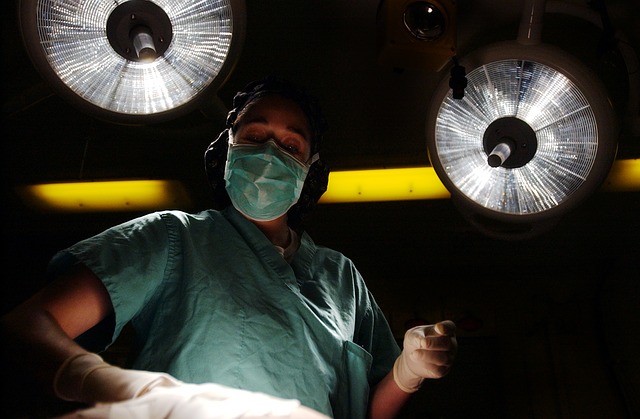In a follow-up to a report last month, the Centers for Disease Control and Prevention (CDC) issued a travel notice to medical tourists to the Dominican Republic. Serious infections with bacteria—called nontuberculous mycobacteria (NTM)—recently have been reported in US residents who had cosmetic surgery on the island.

Most, but not all, of these people had surgery at the Centro Internacional de Cirugia Plastica Avanzada (CIPLA clinic) in Santo Domingo, Dominican Republic. Problems after surgery have included infections of the surgical wound and deep abscesses. Symptoms of surgical wound infections can include pain, redness, tenderness, swelling, feeling warm to touch around the area of the surgery, or drainage of fluid or pus from the wound. Other symptoms of infection may include fever, chills, muscle aches, and a general feeling of illness. Symptoms are most likely to develop within 1 month of surgery.
NTM infections can get into the body during surgery from the environment (air, water, or surfaces) or in medications or materials used during or after surgery, such as surgical instruments or dressings. This can result in dangerous infections and lengthy treatment, sometimes requiring additional surgery.
If you are planning to travel abroad for medical care:
- CDC recommends that people do not have surgical procedures at the CIPLA clinic.
- Be aware that all medical and surgical procedures carry some risk, and complications from surgery can happen anywhere.
- You should see a travel medicine specialist in the United States 4–6 weeks before your trip for advice and any vaccines or medicines you may need for travel.
- Make sure you’re healthy enough to get medical care abroad. If you have any health conditions, ask your doctor if it’s okay for you to travel and have medical or surgical procedures done while you are abroad.
- Research the health care provider who will perform your procedure, as well as the clinic or hospital. Be aware that standards for providers and clinics may be different from those in the United States.
- Some clinics and hospitals are accredited by international organizations, but using a facility that is accredited does not guarantee you won’t have any complications.
- Ask the clinic for a copy of all of your medical records from procedures performed abroad, in English if possible. Bring them with you to any follow-up appointments in the United States.
- Anytime you travel outside the country, there are health and safety concerns to consider at your destination. You also should consider the additional risk of travel associated with surgery:
- Flying and surgery raise the risk of blood clots, so flying soon after surgery is really risky. You should not travel for 10 days after chest or abdominal (belly) surgery. If you’ve had cosmetic procedures on the face or have had laser treatments, the American Society of Plastic Surgeons says you should wait 7–10 days before flying.
- You should consider the risks of typical vacation activities such as sunbathing, drinking alcohol, swimming, taking long tours, or doing any strenuous activities or exercise after surgery.
If you think you have an infection or other complication:
- You should seek medical care right away, regardless of where you received care, and tell your health care provider about your travel and any medical care or surgery you had abroad.
Related:

